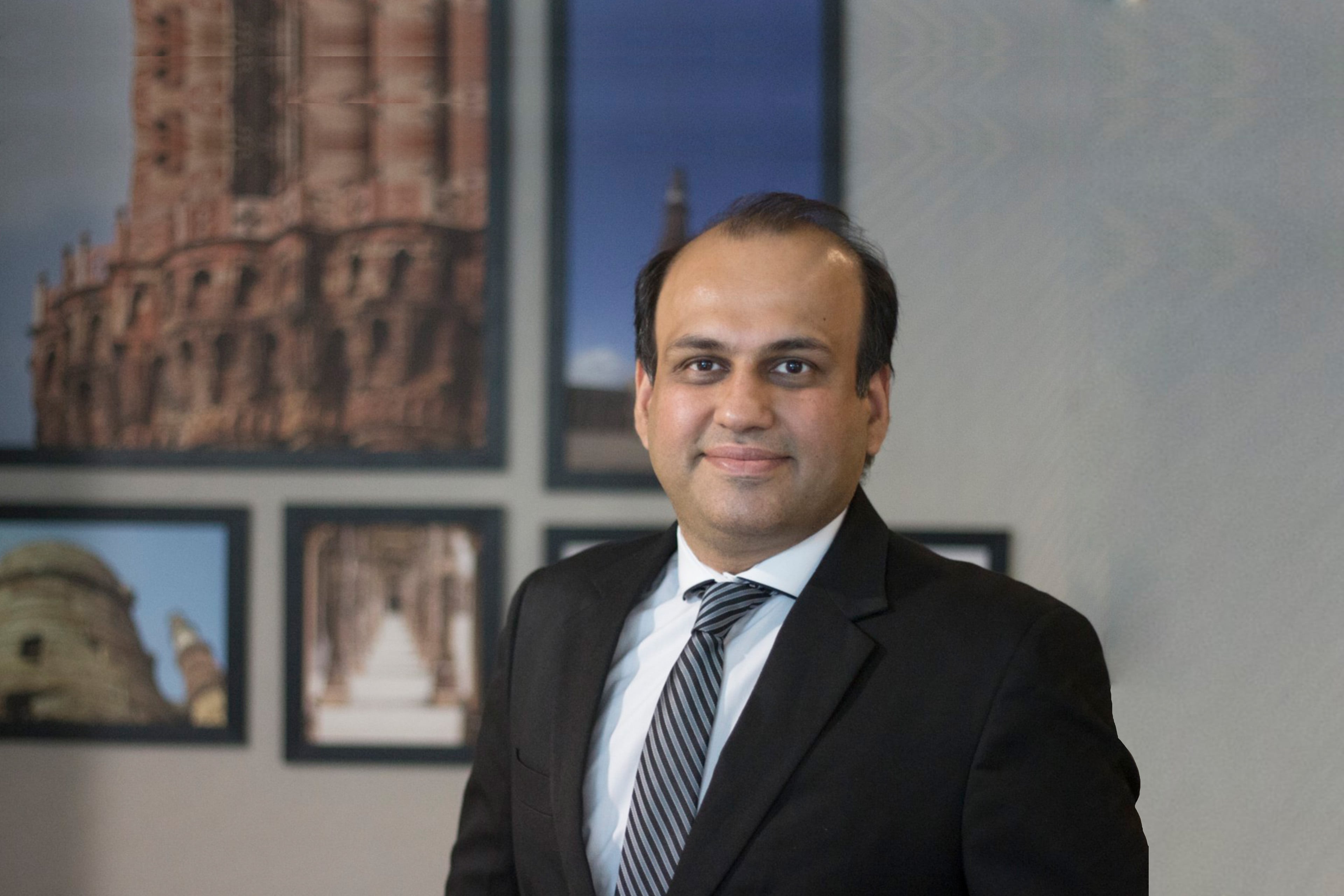EY refers to the global organization, and may refer to one or more, of the member firms of Ernst & Young Global Limited, each of which is a separate legal entity. Ernst & Young Global Limited, a UK company limited by guarantee, does not provide services to clients.
Smart Health
Join the conversation
For the latest on #smarthealth, follow us.
In health care, there are many ecosystems, quickly evolving technologies and massive amounts of data, all untidy and uncoordinated. EY teams have a strategic vision on how to use those tools, ecosystems, structures, and data to drive better experiences for all stakeholders — including both patients and clinicians.
The future of health is changing rapidly, as health systems move beyond digital, beyond connected, to fully leveraging the world of artificial intelligence and smart technologies. Digital innovation is accelerating and giving rise to the care models of tomorrow — many of which can only be imagined today.
Interconnecting people, the environment and infrastructure as a unified, intelligent, data-optimized system of care is the point where health becomes smart. This enables a realm of possibilities, as health heads into the space where the virtual and the physical worlds converge.
As integrated care platforms incorporate social determinant, sensor and wearable data, along with your health information into algorithms, a personalized, smart care experience is possible. This is an important shift, because in the wider environment the world is fast becoming smart — smart cities, cars, utilities and homes leverage the internet of things (IoT), data and intelligent connected systems to support economic, social and environmental sustainability.
Smarter health systems create extensive and integrated ecosystems that support improvements in consumer and workforce experiences, better care outcomes and greater access to health care services. Health systems can increase productivity, efficiency and provide better care to more people.




